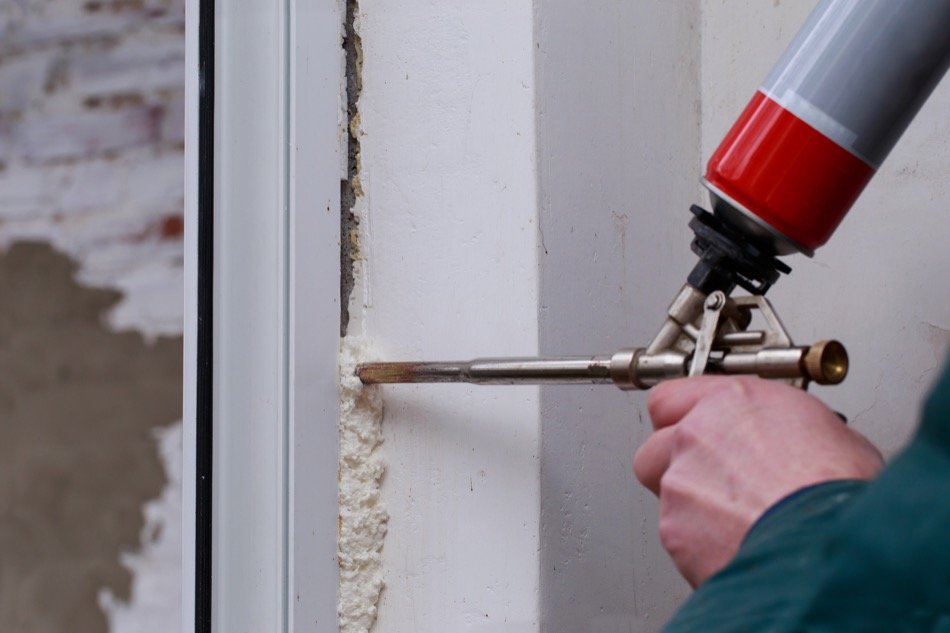Homeowner's Guide to Remediating Deferred Maintenance
Posted by EdmontonRealEstate .ca on Monday, April 29th, 2019 at 10:58am.
 Owning a home is a responsibility. And part of that responsibility is keeping up with regular home maintanance. It's said annual home maintenance costs typically come to an amount between 1% and 4% of a home's market value. Homeowners on a tight budget sometimes find home maintenance difficult to manage, especially if their maintenance is on the higher end of the range.
Owning a home is a responsibility. And part of that responsibility is keeping up with regular home maintanance. It's said annual home maintenance costs typically come to an amount between 1% and 4% of a home's market value. Homeowners on a tight budget sometimes find home maintenance difficult to manage, especially if their maintenance is on the higher end of the range.
Deferred maintenance can make many problems for homeowners, so remediating it as soon as possible is very important. This is especially important if you are considering selling your home, with or without the assistance of a real estate agent. If you're a homeowner with a property that has a lot of deferred maintenance, here's what you need to know.
Why Remediate Deferred Maintenance
Deferred maintenance can have a negative impact on the value of the home. It does this in many ways.
Some types of deferred maintenance (like plumbing leaks, pest problems and drainage issues) can lead to structural problems like wood rot, moldy wood and foundation damage. The longer these problems are allowed to exist, the more likely the structure of the home will be seriously damaged.
Because maintenance problems often lead to other maintenance problems, repairing deferred maintenance can be far more expensive than making the repairs as soon as they occur. Many home buyers set out looking for a home that is "turn key" meaning the property is move-in ready. Homes that need extensive work may take a much longer time to sell, or may sell for far less money.
How to Get Started
Homeowners who want to remediate their deferred maintenance can start by making a list of all the work that needs to be done. Once the list has been compiled, the homeowner can prioritize the items by severity. When handling deferred maintenance, it's most important to address problems that could cause severe damage first (such as plumbing leaks). Once these problems have been repaired, other problems can be addressed.
DIY or Contractor?
Typically, homeowners on a budget will look for ways that they can save money on their deferred maintenance. It's common for homeowners to make repairs without help from a contractor. While this may be a good idea sometimes, it's not always recommended. Knowing when to DIY and when to hire a contractor can be important.
When to DIY
The best DIY projects are those that require no specialized tools or training. Examples of these jobs include hanging blinds, shelves and curtains. Plumbing repairs like unclogging a sink and toilet can often be done by a homeowner. Sealing tile grout, repairing dry wall and painting the walls or cabinets are all projects that can be handled by homeowners themselves.
When to Hire a Contractor
Some jobs really need to be done by a contractor. Roof work is a good example of work that should be done by a contractor, because it is dangerous and requires a lot of knowledge of roofing product installation. Homeowners should not do their own electrical work unless they have knowledge of electricity, because improperly performed electrical work can be a fire hazard.
Foundation repair should be done by a contractor because it often requires special skill and expensive tools. In fact, all structural changes should be done by contractors because they know how to make structural changes without compromising the safety and integrity of the house.
What Can You Do to Avoid Deferred Maintenance?
Homeowners who want to avoid deferred maintenance can do so by inspecting their house on a regular basis, to identify repairs that need to be made. The following parts of the house should be checked:
- Underneath sinks. Check for water damage and moisture on the pipes.
- In the attic. Look for stains or moisture on the rafters, mold and signs of wood rot.
- Home siding and roof. Inspect for warped or damaged areas, sagging, curling or missing shingles.
- Perimeter fences. Check for peeling paint, discoloration, dry rot and cracking.
- Walls, ceiling and floors. Look for holes, sagging areas, paint bubbles and mold.
- Windows and doors. Look for cracked caulking.
Can You Sell a Home With Deferred Maintenance?
It's possible to sell a Spruce Avenue home that has deferred maintenance, but problems with the home must be disclosed to the buyer. Buyers often make lower offers on homes that have deferred maintenance, so homeowners who have the means to perform maintenance should do so before putting their house on the market.
A homeowner who does not have the means to make repairs before putting their home up for sale should anticipate that their home will sell for less than it would if they made the repairs. Working with an experienced real estate professional is important. An experienced real estate professional can help the homeowner decide which changes should be made before the home sells and how to disclose problems with the home when listing the house for sale. In addition, a good real estate professional can help the homeowner negotiate a good price for their house.

